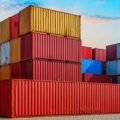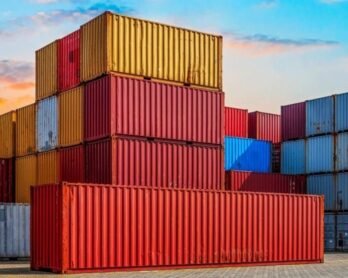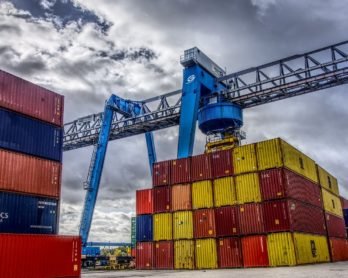The Backbone of Logistics: How Storage Containers Keep Products Safe
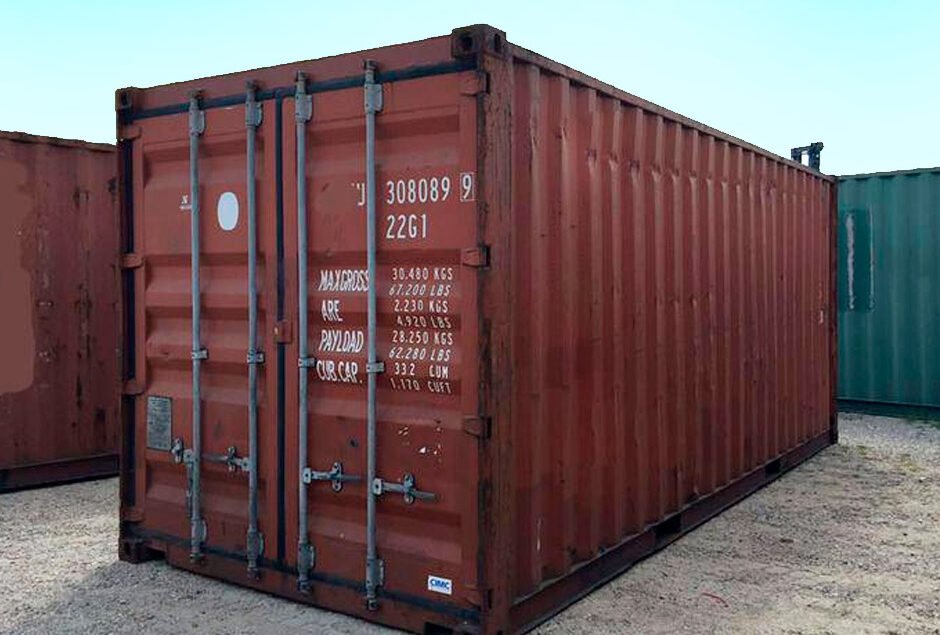
Welcome to our friendly blog where we explore the essential role storage containers play in maintaining product safety in the logistics industry. In today’s fast-paced world, where products need to be transported efficiently and securely, storage containers have emerged as the backbone of logistics operations.
These containers are designed to protect products from damage, theft, and external elements, ensuring that they reach their destination in optimal condition.
In this blog post, we will dive deep into the significance of a storage container, the different types available, their secure design elements, their ability to protect against external factors, their stack ability for space optimisation, their role in inventory management, and their contribution to sustainable packaging solutions.
Understanding the Significance of Storage Containers
Storage containers have revolutionised logistics operations by providing a reliable and secure solution for transporting and storing products. These containers are typically made of durable materials like steel or plastic, which offer protection against impact, weather conditions, and other potential hazards.
With their standardised sizes and compatibility with various modes of transportation, storage container have become an integral part of the supply chain, enabling seamless movement of goods across different locations.
Types of Storage Containers
There are several types of storage containers commonly used in logistics, each with its own unique features and benefits. Shipping containers, for example, are widely used for transporting goods via sea, rail, or road. They are available in different sizes, such as 20-foot and 40-foot containers, and offer excellent durability and security features. Pallets, on the other hand, are designed to carry multiple items and can be easily moved using forklifts or pallet jacks. Bins and crates are also popular choices for storing and transporting smaller items, offering versatility and ease of handling.
Ensuring Product Safety with Secure Design
One of the key aspects of storage containers is their secure design, which plays a vital role in protecting products from theft and unauthorised access. These containers are built with sturdy construction materials, such as reinforced steel or high-density plastic, making them resistant to tampering and break-ins. Additionally, most storage containers are equipped with locking mechanisms providing an extra security layer. Some containers even feature tamper-evident seals, which indicate if the container has been opened or tampered with during transit. Furthermore, advanced GPS tracking systems enable real-time monitoring of container locations, ensuring the utmost security and traceability.
Protecting Against External Factors
Storage containers serve as a shield against various external factors that could potentially damage products during transportation and warehousing. Extreme weather conditions, such as rain, snow, or high temperatures, can pose a threat to product integrity. However, storage containers are designed to withstand these conditions, providing a secure and climate-controlled environment for goods.
For temperature-sensitive goods, specialised container designs or technologies, such as refrigerated or insulated containers, are available to maintain the desired temperature range throughout the journey. Moreover, storage containers protect products from moisture, pests, and contamination risks, ensuring that they remain in optimal condition until they reach their destination.
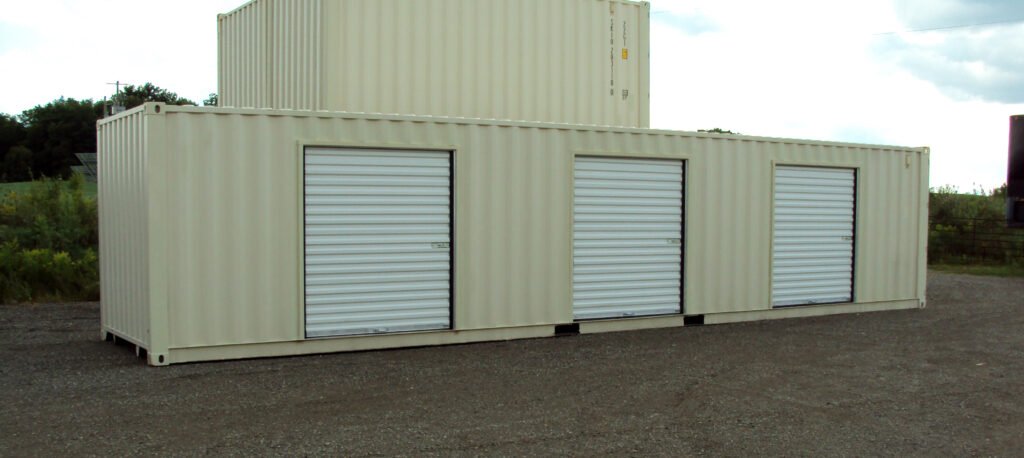
Efficient Stackability for Space Optimisation
In addition to their protective capabilities, storage containers offer excellent space optimisation in warehouses. With their stackable design, storage container Melbourne can be vertically stacked, allowing for efficient utilisation of available space. This vertical stacking reduces clutter and maximises capacity, without compromising product safety. By making the most of the vertical space, warehouses can accommodate a larger quantity of goods, enabling businesses to store and transport more products cost-effectively.
Streamlining Inventory Management
Proper inventory management is crucial for efficient logistics operations, and storage containers play a significant role. Containers provide a structured and organised way to store products, making it easier to manage inventory. Labels and barcode scanning technology enable quick identification and traceability of stored products, streamlining the inventory management process. Digital tracking systems can also be integrated with storage containers, allowing businesses to monitor and track the movement of products in real time, enhancing overall visibility and control.
Sustainable Packaging Solutions
There has been a growing focus on sustainability in the logistics industry in recent years. Storage containers contribute to sustainable packaging solutions by reducing reliance on single-use packaging materials. Instead of using excessive cardboard boxes or plastic packaging, products can be packed directly into storage containers, eliminating the need for additional packaging waste. Furthermore, storage containers are often made of recyclable materials, making them an environmentally friendly choice. Businesses can promote sustainable logistics practices and reduce their carbon footprint by opting for storage containers.
Conclusion
In conclusion, storage containers are vital in maintaining product safety throughout the logistics process. With their secure design elements, the ability to protect against external factors, efficient stackability for space optimisation, contribution to inventory management, and promotion of sustainable packaging solutions, storage containers have become indispensable in the logistics industry. They ensure that products reach their destination optimally, safeguarding them from damage, theft, and environmental hazards. So the next time you see a storage container Melbourne, remember its crucial role in keeping our products safe and secure.
